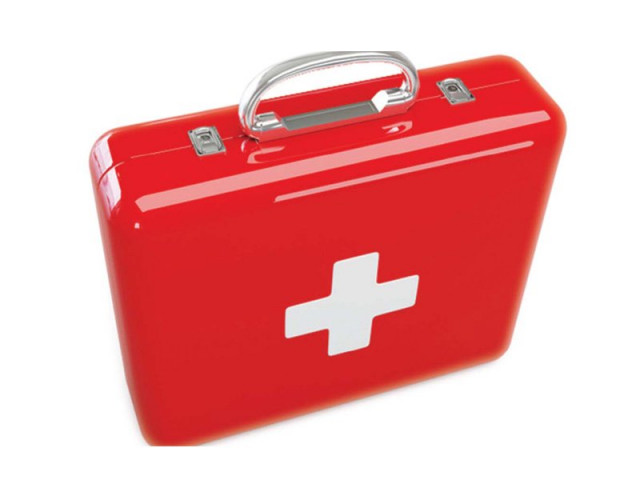Healthcare: CPSP fellows to get training in Ireland
“Two batches will go to Ireland every year, first one in July and the other in January,” says CPSP President.

Chaudhry said initially trainees in three faculties anaesthesiology, surgery and emergency medicine would be sent to Ireland. PHOTO: FILE
College of Physicians and Surgeons Pakistan (CPSP) on Wednesday announced that its post graduate trainees will be provided an opportunity to work and receive training in Ireland.
CPSP President Prof Zafar Ullah Chaudhry on Wednesday said that CPSP trainees would visit and work in institutions accredited by the Royal Colleges of Ireland.
“The CPSP trainees who have passed the intermediate module (IMM) after two years of training would go to Ireland to work there for another two years,” he said.
He said the first batch of 60 doctors would go to Ireland this July.
“We are not going to export doctors. We will collaborate and cooperate with prestigious institutions…our fellows are already amongst the best serving in Saudi Arabia and Gulf,” he said.
Chaudhry said initially trainees in three faculties anaesthesiology, surgery and emergency medicine would be sent to Ireland.
“Two batches will go to Ireland every year, first one in July and the other in January,” he said.
He said there were hardly any doctors specialising in emergency medicine in Pakistan.
He said CPSP had introduced this faculty and the first batch would pass out in five years.
Chaudhry said the doctors sent for training to Ireland would be selected strictly on merit.
“A committee of three Pakistani experts and two Irish experts would pursue their credentials and recommend them,” he said.
He said training would also begin in other faculties including gynaecology, medicine, ophthalmology and pediatrics soon.
“The details will be uploaded on the CPSP website,” he said.
The CPSP regional director and director general, Prof Khalid Masood Gondal, said it was a win-win situation for both Ireland and Pakistan.
“They will get trained doctors to work for them and our doctors will have an opportunity to learn. Salaries paid in euros would also help the trainees financially,” he said.
Published in The Express Tribune, February 28th, 2013.



















COMMENTS
Comments are moderated and generally will be posted if they are on-topic and not abusive.
For more information, please see our Comments FAQ